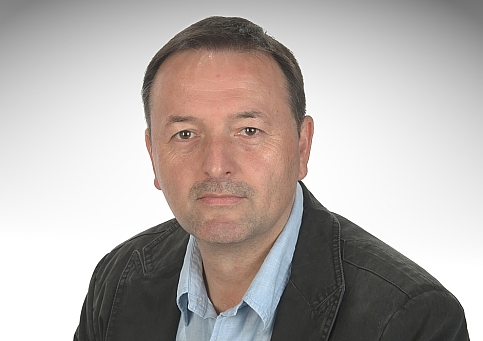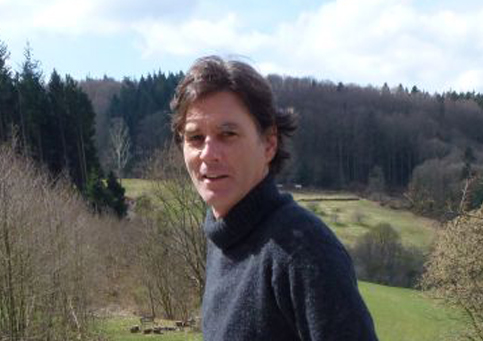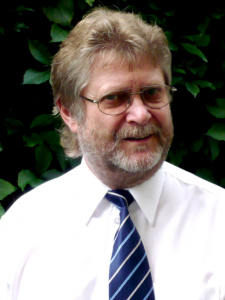The people
The board of the association

First chairman
Udo Heimermann
Im Auelsgarten 4, 53474 Bad Neuenahr-Ahrweiler
Architect, graduate engineer for architecture, „ Büro für organisches Bauen“ (Office for organic architecture) - www.Heimermann.de
Why “Dörfer der Zukunft”?
“I want to give young people in the developing countries a better chance to start their lives in
this world which becomes more and more complicated every day.”

Vice-chairman
Herbert Hofer
Am Weidengraben 90, 54290 Trier; mobile: +49 160-98206030; hofer@architekturenso.com
Architect and member of the BDA (Association of German Architects) – www.architekturenso.com
Yoga teacher and member of the BYV (Association of German Yoga Teachers) – www.yogaenso.de
Why “Dörfer der Zukunft”?
“Your own home, healthy, nourishing, medicated food, clean water, clean air and a peaceful, inspiring, loving environment for the best possible personal development is a fundamental right for everyone and everything ..........
This means freedom and independence for each one and is the cornerstone of peace."

Members of the association

Klaus Floer
Graduated geologist, Director of the PROSOIL Gesellschaft für geologische Umweltanalyse mbH [Society for geological environmental analysis] – www.prosoil.de
Why “Dörfer der Zukunft”?
“I want to promote the sustainable use of water and soil and – in cooperation with the people – find solutions to improve their living conditions.”
Martin Kroliczek
Bachelor of Engineering in Civil engineering at the University of Erfurt; Master student in Constructive civil engineering at the HTWK in Leipzig; working student for Dr.-Ing. Peter A. Kugler und Franke GmbH
Why “Dörfer der Zukunft”?
“I want to contribute to the promotion of sustainable building and, thus, raise society’s awareness and show people that traditional forms of building and constructing are still relevant nowadays.”
Margot Franken
Living in Achocalla, Bolivia, a village in the outskirts of the large cities of La Paz and El Alto in the High Andes
She is a limnologist and ecologist, and she has been working as a scientist and lecturer at the Ecology Institute of the State University of La Paz for 25 years; she is also a qualified building biologist. She owns one hectare of land with organic plantations and animals. She is an active member of the ecology platform and the committees responsible for organic farming in the Achocalla valley.
Why “Dörfer der Zukunft”?
“I want to develop models for good living, where people consume less resources, where they cooperate and help each other, and where the following generations have the opportunity to have a good future as well; thus, I want to contribute to peace in the world – not only among the people but also with nature.”